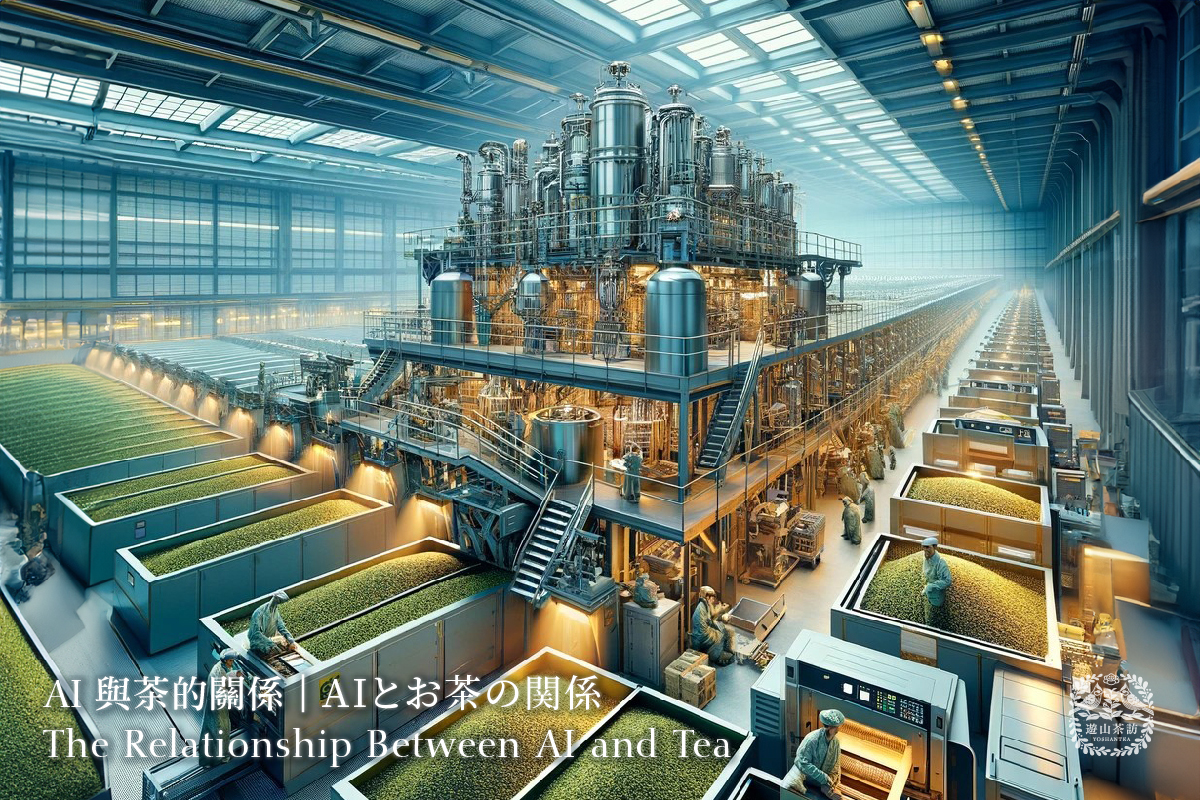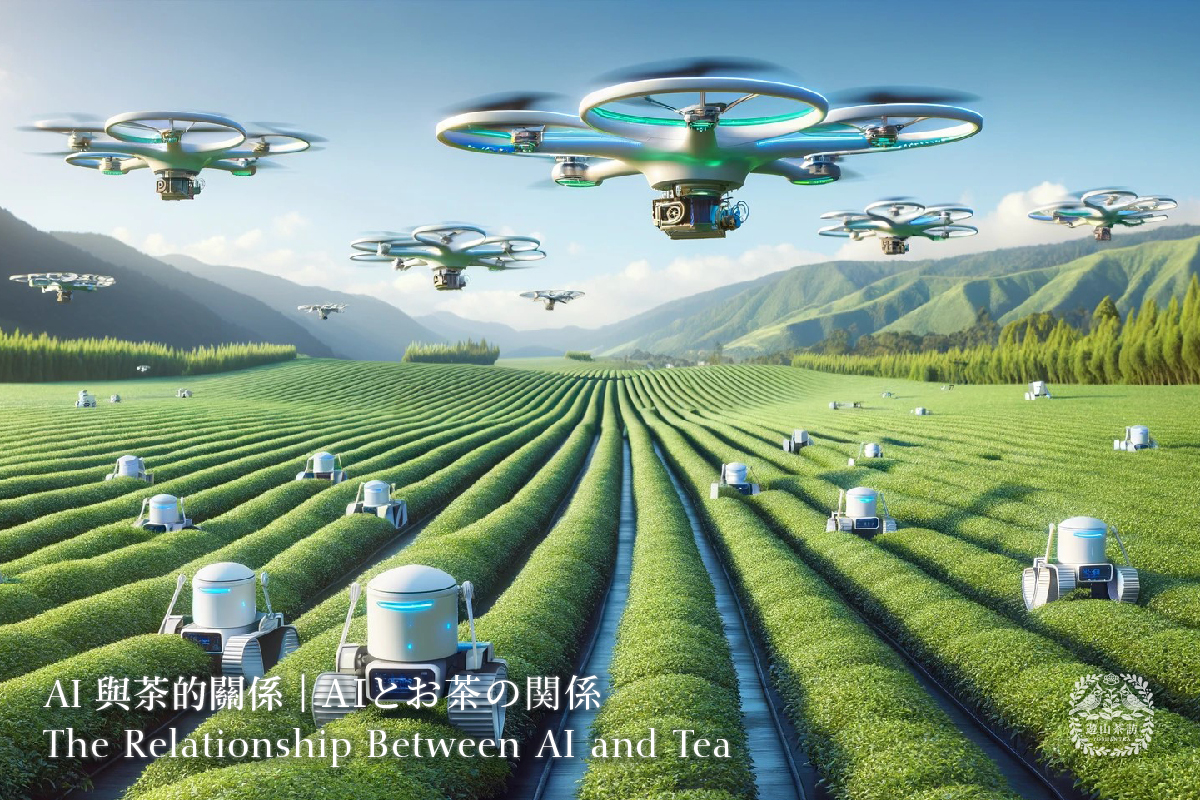Hello everyone,
I'm a tea enthusiast, Andy.
This past year, AI technology has been the hottest topic, including OpenAI's ChatGPT and Google's Gemini.
Following the trend, I've thoroughly researched these new technologies. Today, I'd like to share with you the relationship between AI and tea.
-What is AI?
There are many methods to create AI models, such as linear regression, logistic regression, linear discriminant analysis, decision trees, Naive Bayes, K-Nearest Neighbors, learning vector quantization, support vector machines, Bagging, random forests, and deep neural networks. These names sound like rocket science to me. But from my experience, it's about listing all possible causes and outcomes and teaching the computer to learn from them. In the future, when a similar event occurs, the computer can "calculate" the outcome and generate solutions. I always feel that the first form of AI was the "I Ching." Why do I say this? Because anything can be answered with the "I Ching," which condenses all possibilities into one book. Other ancient forms of AI include the "Pastry Song" and "Tui Bei Tu," which are as complex as operating ChatGPT, hence being called "books of prophecy."
-Why has AI only become popular in recent years?
In fact, AI models (algorithms) were established long ago, but hardware technology couldn't keep up, slowing AI development until recent advancements in GPU performance (GPUs are mainly the computational devices for AI), allowing AI to develop rapidly.
-What should we worry about with AI?
Anyone who has used ChatGPT knows that while AI seems omnipotent, it's not very user-friendly. For casual conversation or generating unimportant things, AI can manage. But when it comes to generating more complex results, it often fails to deliver what's desired, and the outcomes can vary each time. When dealing with AI, we should worry about how to "communicate" with it, making "AI communication specialist" a popular job in recent months.
-Can AI replace tea production?
The topic of AI in tea-making has recently emerged, suggesting that the job of a "tea master" could be replaced. This is a misconception; AI can at most "assist" tea masters in making tea, not "replace" them. Like in the movie "God of Gamblers," where outcomes are analyzed by a system, but how to play the hand is up to the individual. AI only analyzes from "massive amounts of data" and concludes the "best fit" answer. After all, AI isn't human, and in the end, it's up to us. "Massive amounts of data" could be helpful for "tea making," as seen in Seagate's hard drive production factory, which accumulates 50TB of data daily.
Another reason AI can't replace tea production is that tea is a beverage closely related to human "senses." While we could use various sensors to analyze the sweetness, bitterness, aftertaste, sourness, astringency, and fragrance of tea, AI won't be able to tell you whether a tea is good or bad based on these chemical compounds.
Therefore, it's essential to mention "emergence theory." According to this theory, emergence is a phenomenon where many small things accumulate and interact to produce characteristics not present in the individual elements. For example, if a tea has a high content of astringent chemicals like "polyphenol" and a low content of sweet chemicals like "free amino acids," it should theoretically taste bad. However, when tasting this tea, we might find it has a remarkably good aftertaste, making it a premium tea. The production of tea relies heavily on human "sensory evaluation," making it difficult for AI to replace tea production.
-Can AI replace Andy?
In the short term, it's quite difficult. Many might wonder if the articles for "Yoshantea" are generated by AI. I've tried, but not even one was successful. The results generated by AI were almost unbearable, perhaps because I don't know how to communicate with AI. Rest assured, the articles for "Yoshantea" are "human-generated." The formula for generating these articles is as follows: open Word > start typing > refer to literature and correct errors > translate into English and Japanese > create images > post on SNS.
I hope this formula helps those who write articles. Thank you, everyone.
See you next time.
#yoshantea #taiwantea #dongdingtea #oolongtea #teafacotry #FSSC22000 #safetea #ArtificialIntelligence #TeaProduction #TechnologyAndTea #TeaEnthusiastAndy #IChing #AICommunicator #TeaMaster #SensoryEvaluation #EmergenceTheory




